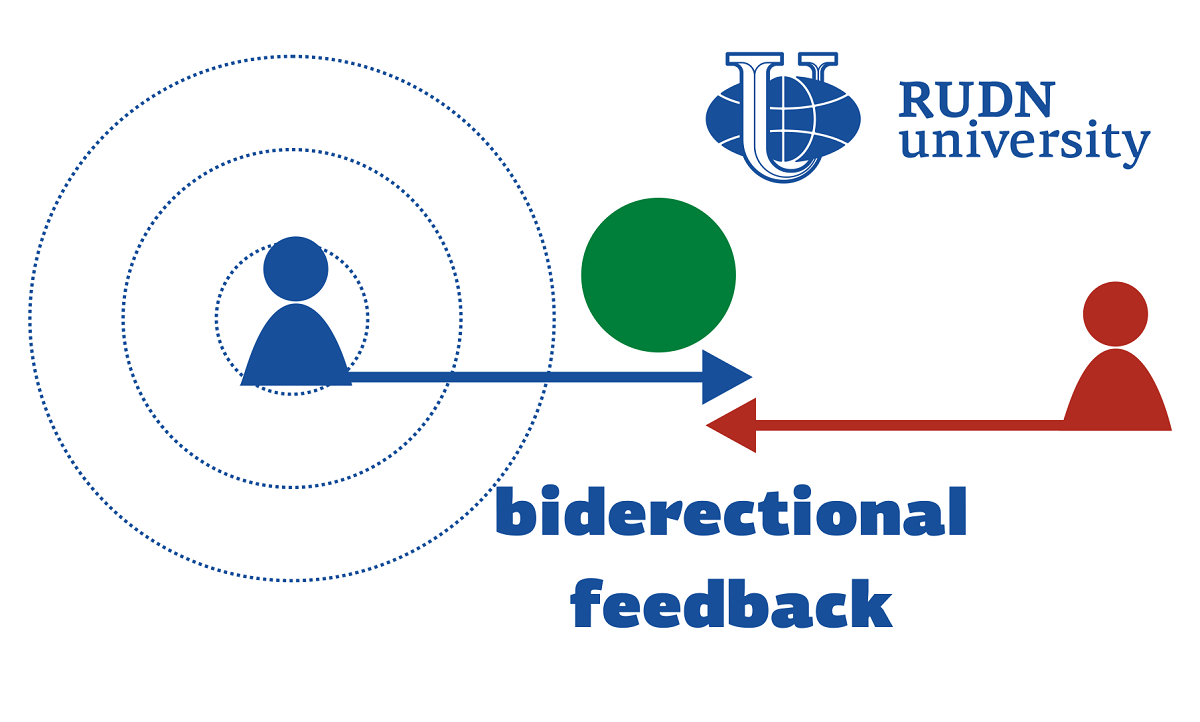RUDN University Mathematician Suggests the Way to Make Group Decisions With “Conflict behaviour” of Participants
Mathematically, a group decision making (GDM) is a fusion of individual preferences from a set of alternatives. As a result, the group comes to a consensus. GDM consists of two consecutive steps: convergence of positions and the actual decision-making. A key element of the first step is the feedback mechanism, through which participants adjust their opinions. Most feedback mechanisms assume that participants who disagree with the common opinion are generally tolerant — they are ready to alter their opinion. However, this is not always true in real problems. They may show “conflict behavior”, when they do not want to change their positions, unless the other participants meet them halfway. The mathematician from RUDN University developed a feedback algorithm to solve this problem.
“Discordant decision makers with high self-esteem may be willing to keep their original opinions/preferences unchanged unless others in the group change their opinions as well. This ‘conflict behavior’ is a potential inhibitor for the success of the above unidirectional feedback strategies”, said Prof. Enrique Herrera-Viedma, research team’s leader in RUDN University.
The model proposed by mathematicians is based on an iterative process. The group members who are the most distant from the group opinion, discuss with the others at each step. Importantly, the most dissenting participants are not expected to make concessions alone. It is assumed that not only those who disagree should move their positions, but also those whose opinion is close to the group average. At the first iteration, all participants should correct the opinion, at even steps — those who are close to the general opinion, at odd steps — those who are far from it. The process continues until a consensus is reached. It is built in such a way that the total shift of positions for all participants is minimal.
Mathematicians demonstrated how the new algorithm works in a numerical experiment. They used a model of universities going back to normal life after the COVID-19 pandemic. Mathematicians described a situation in which five subsystems of the university (Undergraduate Management Department, Graduate Management Department, Teacher Management Department, Logistics Department and Safety Management Department) proposed their plans to get out of quarantine. The same initial data was passed through the proposed algorithm and two most popular mechanisms. The new algorithm took larger number of iterations. It took 5 steps, when classical algorithms needed 4 steps or just 1. But the degree of agreement between the participants was significantly higher — 92% instead of 85%. Moreover, the “level of harmony”, that is, the proximity of the final decision to the initial opinion of the participants, was also higher for the new algorithm — 90% instead of 81% and 83%. This means that all participants had to adjust their positions less.
“This feedback mechanism can effectively improve the overall harmony (self-esteem) of the feedback system, because non-cooperative behavior in existent mechanisms translated into cooperative behavior in this mechanism”, said Prof. Enrique Herrera-Viedma, research team’s leader in RUDN University.
The results are published in Information Fusion.
Sergey Ivanov, a scholar from St. Petersburg, has been named the first winner of RUDN University’s International Prize for Scientific Achievements in Mathematics, worth 5 million rubles.
Products derived from microalgae represent a cutting-edge development in the field of bioeconomy. The potential of this biological resource was discussed at the international research seminar “Foundations for a Green Sustainable Energy”, part of the BRICS Network University’s thematic group on “Energy”. The event was organized by the Institute of Ecology at RUDN University.
Ambassadors of Russian education and science met at a conference in RUDN University to discuss how they can increase the visibility of Russian universities and research organizations in the world, and attract more international students in Russia.
